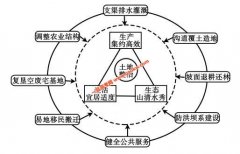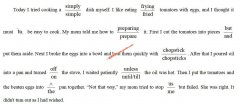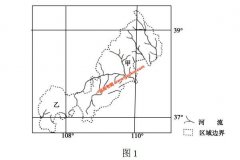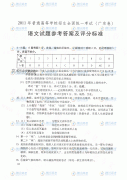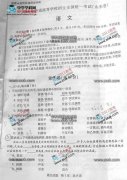2020年高考全国卷Ⅱ英语真题试卷(word含答案)(2)
阅读下列短文,从每题所给的A、B、C和D四个选项中,选出最佳选项。
A
The Lake District Attractions Guide
Dalemain Mansion & Historic Gardens
History, Culture & Landscape(景观). Discover and enjoy 4 centuries of history, 5 acres of celebrated and award-winning gardens with parkland walk. Owned by the Hasell family since 1679, home to the International Marmalade Festival. Gifts and antiques, plant sales, museums & Mediaeval Hall Tearoom.
Open:29 Mar-29 Oct,Sun to Thurs.
Tearoom,Gardens & Gift Shop:10.30-17.00(16.00 in Oct).
House:11.15-16.00(15.00 in Oct)
Town: Pooley Bridge & Penrith
Abbot Hall art Gallery & Museum
Those viewing the quality of Abbot Hall’s temporary exhibitions may be forgiven for thinking they are in a city gallery. The impressive permanent collection includes Turners and Romneys and the temporary exhibition programme has Canaletto and the artists from St Ives.
Open: Mon to Sat and Summer Sundays. 10.30 -17.00 Sumner.10.30 -16.00 Winter.
Town:Kendal
Tullie House Museum & Art Gallery
Discover, explore and enjoy award-winning Tullie House, where historic collections, contemporary art and family fun are brought together in one impressive museum and art gallery. There are four fantastic galleries to visit from fine art to interactive fun, so there’s something for everyone!
Open: High Season 1 Apr – 31 Oct: Mon to Sat 10.00 – 17.00, Sun 11.00 – 17.00.
Low Season 1 Nov – 31 Mar: Mon to Sat 10.00 – 16.30, Sun 12.00 – 16.30.
Town: Carlisle
Dove Cottage & The wordsworth Museum
Discover William Wordsworth’s inspirational home. Take a tour of his Lakeland cottage, walk through his hillside garden and explore the riches of the collection in the Museum. Visit the shop and relax in the café. Exhibitions, events and family activities throughout the year.
Open: Daily, 09.30 – 17.30 (last admission 17.00).
Town: Grasmere
21. When is the House at Dalemain Mansion & Historic Gardens open on Sundays in July?
A.09.30—17.30. B.10.30—16.00. C. 11.15—16.00. D.12.00—16.30
22. What can visitors do at Abbot Hall Art Gallery & Museum?
A. Enjoy Ronney’s works.
B. Have some interactive fun.
C. Attend a famous festival.
D. Learn the history of a family
23. Where should visitors go if they want to explore Wordsworth’s life?
A. Penrith. B. Kendal. C. Carlisle. D. Grasmere.
B
Some parents will buy any high-tech toy if they think it will help their child, but researchers said puzzles help children with math-related skills.
Psychologist Susan Levine, an expert on mathematics development in young children the University of Chicago, found children who play with puzzles between ages 2 and 4 later develop better spatial skills. Puzzle play was found to be a significant predictor of cognition(认知) after controlling for differences in parents’ income, education and the amount of parent talk, Levine said.
The researchers analyzed video recordings of 53 child-parent pairs during everyday activities at home and found children who play with puzzles between 26 and 46 months of age have better spatial skills when assessed at 54 months of age.
“The children who played with puzzles performed better than those who did not, on tasks that assessed their ability to rotate(旋转)and translate shapes,” Levine said in a statement.
The parents were asked to interact with their children as they normally would, and about half of children in the study played with puzzles at one time. Higher-income parents tended to have children play with puzzles more frequently, and both boys and girls who played with puzzles had better spatial skills. However, boys tended to play with more complex puzzles than girls, and the parents of boys provided more spatial language and were more active during puzzle play than parents of girls.
The findings were published in the journal Developmental Science.
24. In which aspect do children benefit from puzzle play?
A. Building confidence. B. Developing spatial skills.
C. Learning self-control. D. Gaining high-tech knowledge.
25.What did Levine take into consideration when designing her experiment?
A. Parents’ age. B. Children’s imagination.
C. Parents’ education. D. Child-parent relationship.
26. How do boy differ from girls in puzzle play?
A. They play with puzzles more often.
B. They tend to talk less during the game.
